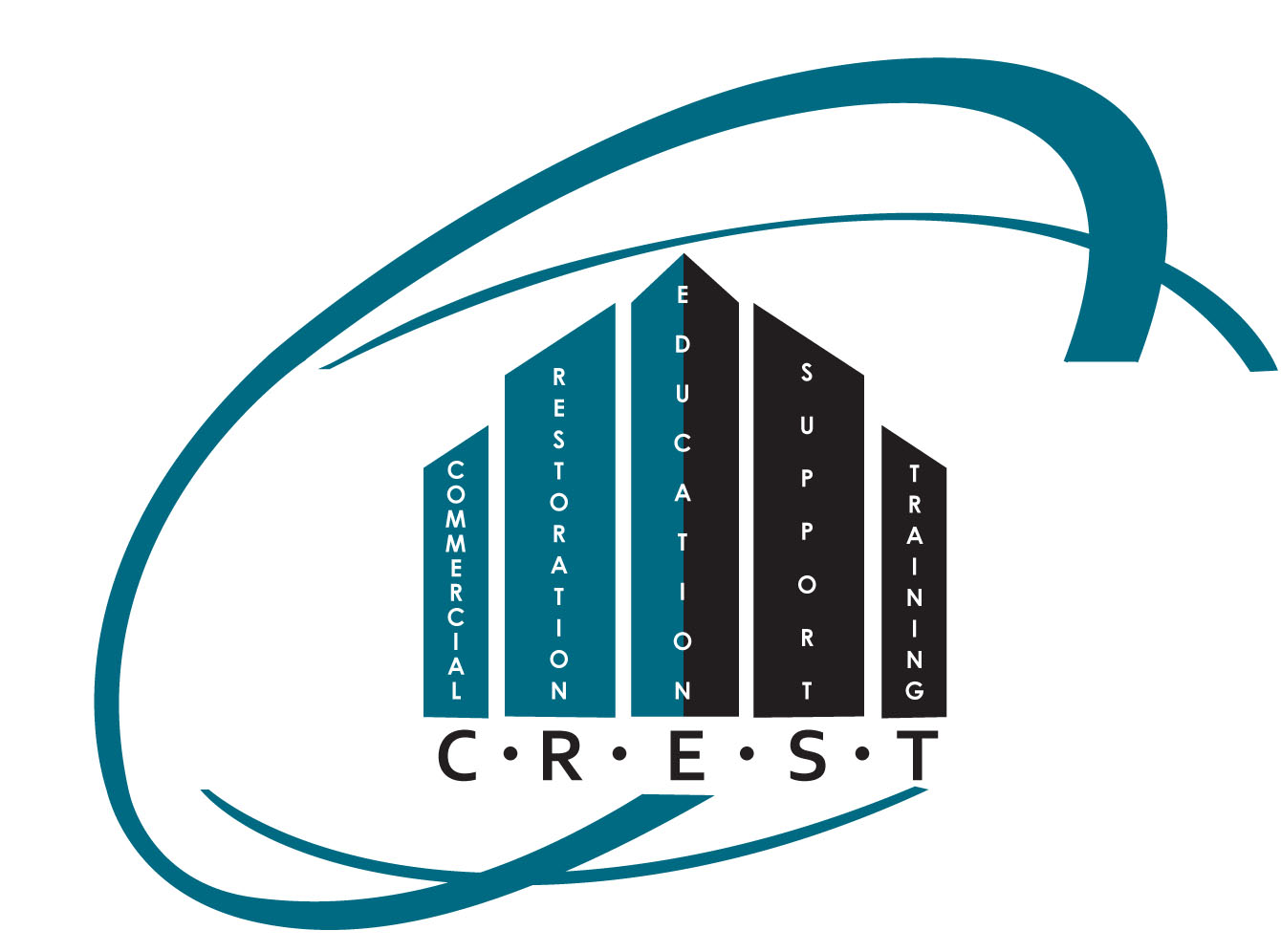You will suddenly unlock valuable interactions.

In our fast-paced and increasingly digital world, effective communication has never been more crucial. Whether in our personal relationships or professional and business discussions, the ability to listen intently is a skill that can make or break the quality of our connections and relationships. It is often said that if you don’t know how to listen intently, you’ll likely never find out what you’re supposed to say, what to ask, or when to seek clarification. In this podcast, we will delve into the importance of intentional listening and explore how it can transform our ability to communicate effectively.
Listening intently is not merely the act of hearing words; it goes beyond that. It involves paying close attention to the speaker’s words, tone, and body language while actively processing the information being shared. When we listen intently, we are fully present in the moment, ready to absorb the nuances of the conversation. We typically listen – especially in marketing situations – with the strategy to use the conversation to be able to respond with our next comments. This is a mistake.
One of the primary benefits of intentional listening is that it enables us to truly understand the perspective of the person speaking. By taking the time to listen attentively, we gain insight into their thoughts, emotions, and intentions. This understanding forms the foundation for meaningful and empathetic responses. Without this crucial step, we risk misinterpreting the speaker’s message and responding inappropriately or worse being ‘salesy.’
Consider a scenario with a prospect where they’re expressing frustration about a project or a concern. If we fail to listen intently, we might miss the underlying reasons for their frustration and offer solutions that are off the mark. However, by actively listening and asking clarifying questions, we can uncover the root causes of their concerns and provide more thoughtful and relevant support or suggestions.

Likewise, intentional listening plays a pivotal role in effective problem-solving and decision-making. When we listen intently during discussions or meetings, we gather valuable information and insights from various perspectives. We also have to “read between the lines.” This information equips us to make well-informed suggestions that consider the viewpoints of those involved. Without attentive listening, decisions may be based on incomplete or inaccurate information, leading to potential setbacks and misunderstandings, or even lost opportunities.
Another aspect of intentional listening is the art of asking the right questions. When we listen intently, we not only absorb what is being said but also recognize gaps in our understanding. Asking thoughtful and probing questions is a natural extension of this process. These questions not only demonstrate our engagement in the conversation but also help us seek clarification and deeper insights.
Asking questions is particularly essential in educational and route marketing contexts. Prospects and clients rely on the guidance and expertise of those they want to do business with. In those relationships, effective listening and skillful questioning can bridge gaps in understanding and nurture a more enriching learning experience.
In addition to improving communication, purposeful listening enhances our interpersonal relationships. When we show others that we are genuinely interested in what they have to say, we build trust and rapport. People are more likely to open up and share their thoughts and feelings when they feel heard and understood. This, in turn, strengthens bonds and fosters healthier relationships.
In contrast, failing to listen intently can lead to misunderstandings, conflicts, and strained relationships. When we don’t take the time to truly listen to prospects and clients, we risk making assumptions, missing important details, and responding insensitively. These communication breakdowns can have lasting negative effects on our professional and personal lives.
In closing, the ability to listen intently is a vital skill that underpins effective conversations. It enables us to understand others better, ask more relevant questions, and offer educated suggestions. Moreover, intentional listening deepens our relationships and fosters trust.
In a world where distractions abound, cultivating this skill is more important than ever. So, remember, if you don’t know how to listen intently, you’ll likely never find out what you’re supposed to say, what to ask, or when to seek clarification. Make intentional listening a priority in your interactions, and you’ll unlock the power of meaningful and effective communication.

By Dick Wagner, Co-Founder The CREST Network, LLC
Nationally recognized coach, consultant, trainer, and speaker
Creator of the renowned PREP™ pre-disaster program
Owner of AskDickWagner.com BLOG
Copyright© 2023 The CREST Network, LLC All Rights Reserved
No Part Of This Document May Be Reproduced In Any Form Without Written Permission
